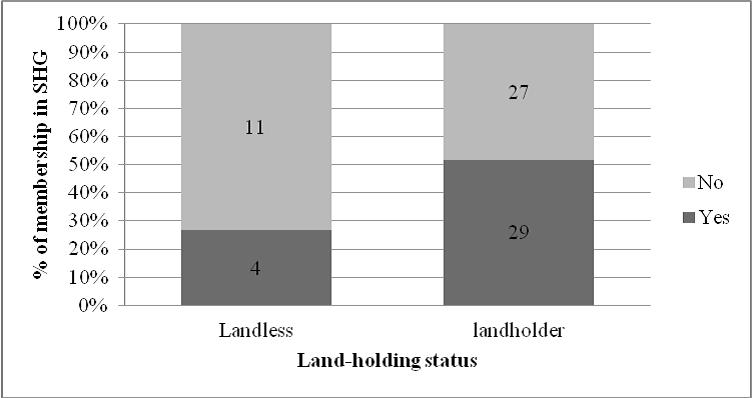/topics/groundwater
Groundwater
Mayadantha Male (The miracle of rain) - All India Radio Karnataka programme on rainwater harvesting
Posted on 26 Feb, 2012 04:37 PM"The miracle of rain : Let the earth overflow"
Water resource accounting as a tool for urban water management - An illustration in NCT- Delhi - Journal of Indian Water Works Association
Posted on 24 Feb, 2012 10:41 PMThe paper discusses the natural resources accounting in the context of national/regional policy first, and then places water resource accounting within it. Subsequently, the methodology as well as study framework adopted for resource accounting are discussed.
Quantitative data on water quality: A compilation of papers that present physico-chemical analyses of various water sources in India
Posted on 24 Feb, 2012 08:31 AMAssessment of physico-chemical quality of groundwater in rural area nearby Sagar city, Madhya Pradesh
This paper presents the results of forty groundwater samples collected from June 2007 to July 2010 in Gambhira and Baheria villages in Madhya Pradesh. The authors conclude that the ground water quality is degraded due to anthropogenic causes.
"In search of old ideas" - A discussion of the draft national water policy 2012, by Jayanta Bandopadhyay in The Telegraph
Posted on 22 Feb, 2012 05:05 PMAuthor: Jayanta Bandopadhyay
Article and image courtesy: The Telegraph
Prevalence of dental fluorosis and associated risk factors in school children from Kanyakumari district, Tamil Nadu - Paper published in the Indian Journal of Dental Research
Posted on 22 Feb, 2012 01:51 PMA total of 1800 children from all the nine blocks of Kanyakumari district from 6th to 10th standard were examined using type III examination. Dental fluorosis was present 15.8% of the study population and varied from as low as 1.4% to as high as 29.4% in different areas. There was a significant difference in dental fluorosis levels between rural and urban residents.
New water policy more contentious; least helpful in tackling existing issues
Posted on 22 Feb, 2012 12:34 PMAuthor : Dr. Arvind Kumar
How valuable are environmental health interventions? - Evaluation of water and sanitation programmes in India - Paper published in the Bulletin of the World Health Organisation
Posted on 21 Feb, 2012 06:11 PMThe paper informs that a number of epidemiological studies on the benefits of water and sanitation interventions have shown that diarrhoea can be reduced by 30–50%.
Rural water access: Governance and contestation in a semi-arid watershed in Udaipur, Rajasthan: A paper in EPW
Posted on 21 Feb, 2012 05:19 PMStudy area
This study is carried out in micro-watershed No.19, which comprises six villages in Jhadol tehsil of Udaipur district in Rajasthan. A minor irrigation project completed in 1980 serves these six villages
Rainfall, storage levels in reservoir and groundwater use
Social exclusion in watershed development: Evidence from the Indo-German watershed development project in Maharashtra - A LEAD paper
Posted on 18 Feb, 2012 03:08 PMMarginalized communities are excluded from a say in the creation of policies.

Climate change risk - An adaptation and mitigation agenda for Indian cities - A paper published in the journal Environment and Urbanisation
Posted on 18 Feb, 2012 01:33 PMThe paper dwells on the likely changes that climate change is expected to bring in temperature, precipitation and extreme rainfall, drought, river and inland flooding, storms/storm surges/coastal flooding, sea-level rise and environmental health risks, and who within urban populations will be at risk.





